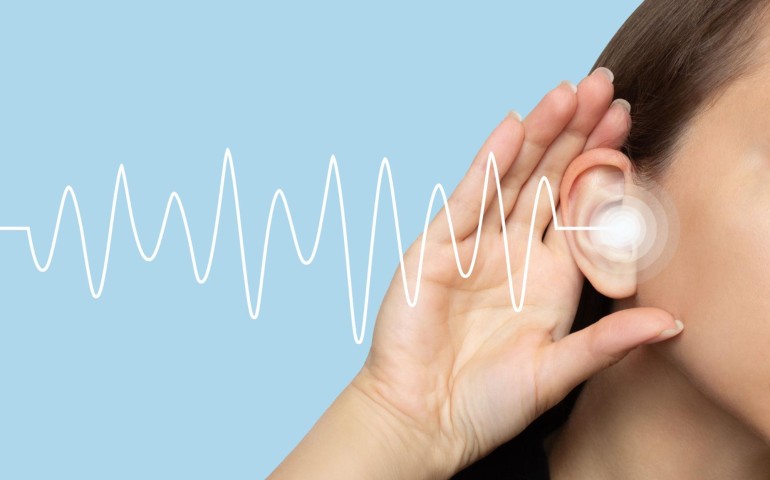What Level of Hearing Loss Requires Hearing Aids?
What Level of Hearing Loss Requires Hearing Aids?
Hearing loss can significantly affect your daily life. Struggling with daily activities due to damaged hearing can cause frustration, social isolation, and mental health challenges.
It can also be frustrating to know when your hearing loss has reached the point of needing hearing aids. Understanding the different levels of hearing loss and when to seek help is crucial for regaining your hearing and getting your life back to normal.
How Is Hearing Loss Measured?
Audiologists measure hearing loss in decibels (dB). Using an audiogram, they'll evaluate how well you hear sounds at different frequencies and volumes. Based on the results, your hearing loss will be classified into one of the different categories.
The Different Levels of Hearing Loss
Hearing loss is broken down into four stages. Knowing which level of hearing loss you’re experiencing will help you decide if you would benefit from hearing aids.
Mild Hearing Loss
People with mild loss of hearing struggle to hear soft speech and may be unable to listen to conversations if there is background noise.
Common Signs and Symptoms:
- Difficulty understanding speech in noisy environments
- Asking others to repeat themselves frequently
- Turning up the volume on the TV or radio
People with mild hearing loss might benefit from hearing aids, especially in noisy situations.
Moderate Hearing Loss
Being able to hear normal conversations, but having difficulty hearing them at a standard distance is classed as moderate hearing loss.
Common Signs and Symptoms:
- Struggling to hear conversations, especially in noisy environments
- Having to ask people to speak louder or more clearly
- Difficulty hearing at a normal conversational volu
Hearing aids are often necessary for those with moderate hearing loss to improve speech clarity and comprehension.
Severe Hearing Loss
Severe hearing loss is the inability to hear speech at elevated volumes. You may only hear loud sounds and have trouble understanding people talking, even if it’s amplified.
Common Signs and Symptoms:
- Inability to hear loud speech
- Difficulty communicating without a hearing aid
- Not engaging in conversations due to frustration
For those with severe hearing loss, hearing aids are crucial for improving communication and maintaining social interactions.
Profound Hearing Loss
The most severe level of hearing loss is profound hearing loss, also known as deafness. Those with this level of loss cannot hear even very loud sounds.
Common Signs and Symptoms:
- Inability to hear even loud sounds
- Difficulty communicating without the use of visual cues or assistive listening devices
- Social withdrawal as a result of communication issues
Hearing aids or other assistive devices, such as cochlear implants, are vital for those with profound hearing loss.
Choosing the Right Hearing Aid
Hearing aids work by amplifying sounds and improving the clarity of speech, allowing individuals with hearing loss to communicate effectively and engage in everyday activities.
The three most common types of hearing aids are:
- Behind-the-Ear (BTE)
- In-the-Ear (ITE)
- In-the-Canal (ITC)
The best hearing aid for you depends on your hearing loss, lifestyle, and personal choices. An audiologist can help you navigate these choices and recommend the right hearing aid for your needs.
Hearing Aids From Beltone Skoric
Knowing the different levels of hearing loss is important. It helps you understand when you need hearing aids.
If you or someone you love is experiencing difficulty hearing, visiting an audiologist is important in receiving the best treatment for maintaining your hearing health
Take the first step toward better hearing. Beltone Skoric offers personalized evaluations and hearing aid solutions tailored to your needs. Contact us today to set up a consultation at one of our Michigan hearing aid centers






